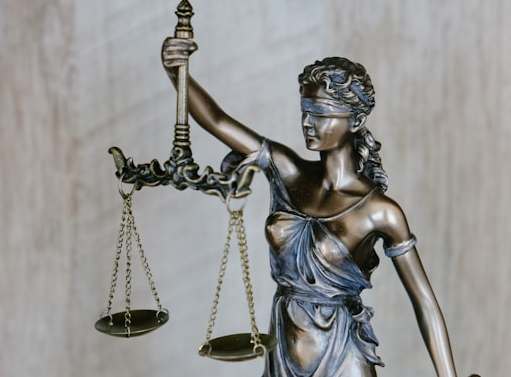by Nick Harrison, Associate Editor, Blue Review
It’s not unusual to hear the argument that New Mexico is so crime-ridden that the legal system should jail anyone accused of anything — from a misdemeanor up — while awaiting trial, closing what is often called a “revolving door” or “catch and release” system that allows dangerous people back on the streets.
Graham Dumas, a lawyer in the Law Office of the Public Defender of New Mexico who stresses he is speaking privately, says such discussions should be based on an understanding of how the system actually works and why. He cites a lack of information as the basis for belief that the state’s legal system is too lenient, and that anyone arrested for a crime should be incarcerated.
He stressed that arrest for a crime is not the same as conviction, and that people are presumed innocent unless and until found guilty beyond a reasonable doubt. The fundamental presumption of innocence, the right to due process, and the right to trial are afforded by both the U.S. and New Mexico constitutions, he noted, as well as the 1,000-year-old Magna Carta. He cited Article II, Section 13 of the State Constitution, which outlines reasons why a person should or should not be detained — saying that release is presumed unless the person is dangerous and, if so, conditions of release may mitigate that danger.
That does not mean everyone who is awaiting trial avoids jail, he said, only that the burden of proof about whether detention is appropriate rests with the prosecutor and depends on the judge’s assessment. Each is guided by established law.
He cited the example of someone getting drunk in a bar and getting into a fight. A judge might consider the person dangerous, but if release is conditioned on avoiding alcohol and undergoing testing, that might allow it.
Many other factors come into play, such as review by a grand jury and pre-trial hearings, but the premise rests on due process, which says people cannot be punished before they are convicted of a crime.
Mr. Dumas noted that the public’s perception is often based on the tendency of the media to focus on crimes when charges are levied and that there is little follow-up when cases are dismissed or a person is found innocent. “People, particularly victims of crime, feel unsafe and want steps to be taken, including incarceration. But jail and prison are not the best way to deal with what are often social issues like poverty or lack of opportunity,” he said, adding that incarceration also results in economic hardships on defendants and their families.





















